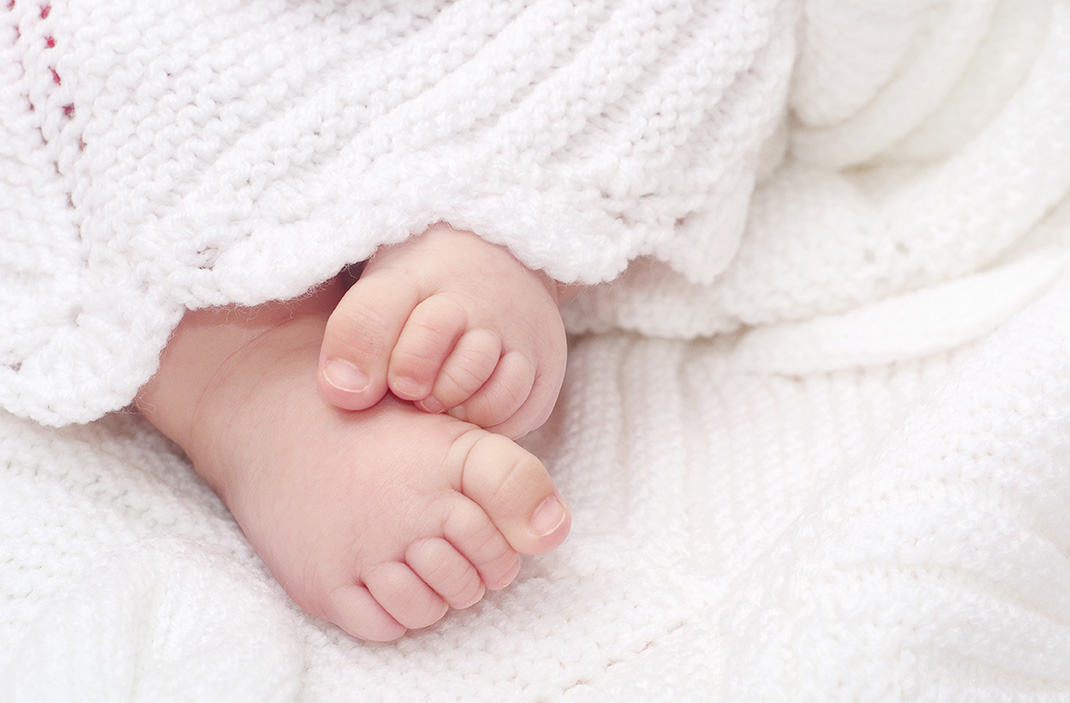The arrival of children – whether by planned or unplanned pregnancy or even adoption – is, along with marriage, one of the most highly romanticized events in life.
There is nothing else like it.
Infant’s adorable faces, their tiny clothes and the visions of strollers and cribs and toys entrance us. Children will complete us, we say. Children will enable us to finally have the dream family many of us never had. It’s all going to be perfect, we imagine.
Parenthood is also one of the most exhausting, trying, conflict-creating and potentially disillusioning experiences of adult life.
Few, if any, of us are fully prepared for the arrival of an infant, whose demands for food, care and attention tax our financial, emotional, intellectual and physical resources. And then they grow into tantrum-throwing toddlers who refuse to sleep in their own beds or obey bedtimes, and adolescents and teenagers who sometimes leave us wondering, ‘What were we thinking?’
Ideally, potential parents would discuss their beliefs about child rearing, even before formalizing their relationship and certainly before pregnancy. Many do not. I want to say, according to my professional experience, most do not.
We assume our partner believes what we do about raising children. And then, we find out, they believe the opposite. In addition to dealing with the challenges of a new baby or toddler, we have new, unanticipated, conflicts with our partners, parents and friends. We may feel isolated and exhausted.
Psychotherapy for parents can help: address difficult emotions; understand developmental milestones and expectations; resolve marital and extended family conflicts related to children and stepchildren; and set goals and develop structure, according to personal beliefs and values.
Intentionality can reduce conflicts, disappointment and disillusionment by helping parents establish common expectations for structure, discipline, faith/spirituality, etc. Intentionality helps parents envision their family in stages that starts with nurturing babies and children who grow into healthy, stable and productive adults who can live into the fullness of their individuality, according to God’s creation and plan.


